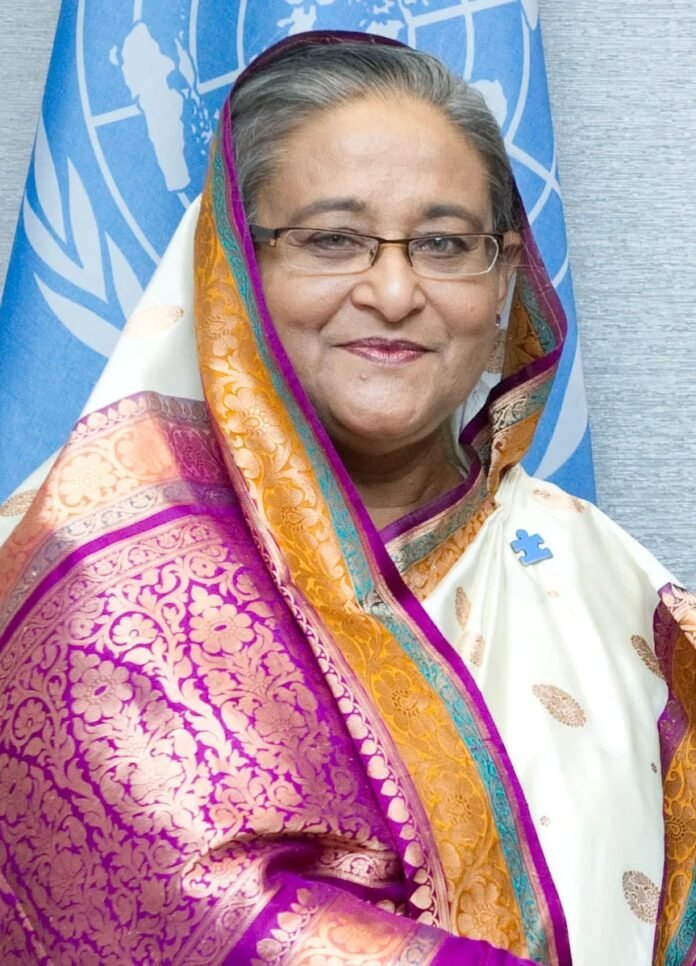
In a dramatic turn of events, Bangladesh Prime Minister Sheikh Hasina resigned from office and left the country on Monday, as reported by various media outlets. This comes in the wake of intense clashes between protestors and supporters of the ruling Awami League, marking some of the worst violence the South Asian nation has seen in over five decades.
The protests, which began on Sunday morning, were part of a non-cooperation program led by the group Students Against Discrimination. The protestors, who demanded Hasina’s resignation over a controversial job quota system, faced fierce opposition from activists of the ruling Awami League, Chhatra League, and Jubo League.
Escalating Violence and Casualties
The clashes have resulted in a significant loss of life and widespread unrest. According to Bengali-language newspaper Prothom Alo, at least 101 people, including 14 policemen, were killed in the violence on Sunday. The severity of the situation prompted the authorities to cut off mobile internet services and enforce a nationwide curfew for an indefinite period.
Further reports indicate that at least six people were killed during confrontations between police and protestors in the Jatrabari and Dhaka Medical College areas, as covered by The Daily Star newspaper.
Storming of the Prime Minister’s Palace
The unrest reached a critical point when protestors stormed the prime minister’s palace, compelling Hasina to vacate Dhaka and seek refuge in a safe location. Officials confirmed that she left amidst the escalating violence and chaos that gripped the capital city.
Nationwide Protests
The turmoil began when students from various educational institutions gathered at Dhaka Central Shaheed Minar around 10 am on Sunday. They were participating in the ‘March to Dhaka’ program, which quickly turned violent. Police responded with tear gas to disperse the crowd, further intensifying the conflict.
The protests against Prime Minister Sheikh Hasina highlight deep-rooted dissatisfaction with her government’s policies and the existing job quota system. The demand for her resignation has been a central point of contention, leading to widespread mobilization of students and other protest groups.
Future Implications
Sheikh Hasina’s resignation marks a significant moment in Bangladesh’s political landscape. The nation now faces a period of uncertainty as it grapples with the aftermath of the violent clashes and the challenges of restoring order and stability.
As Bangladesh moves forward, the international community will be closely monitoring the situation, hoping for a peaceful resolution and a return to stability for the country.

